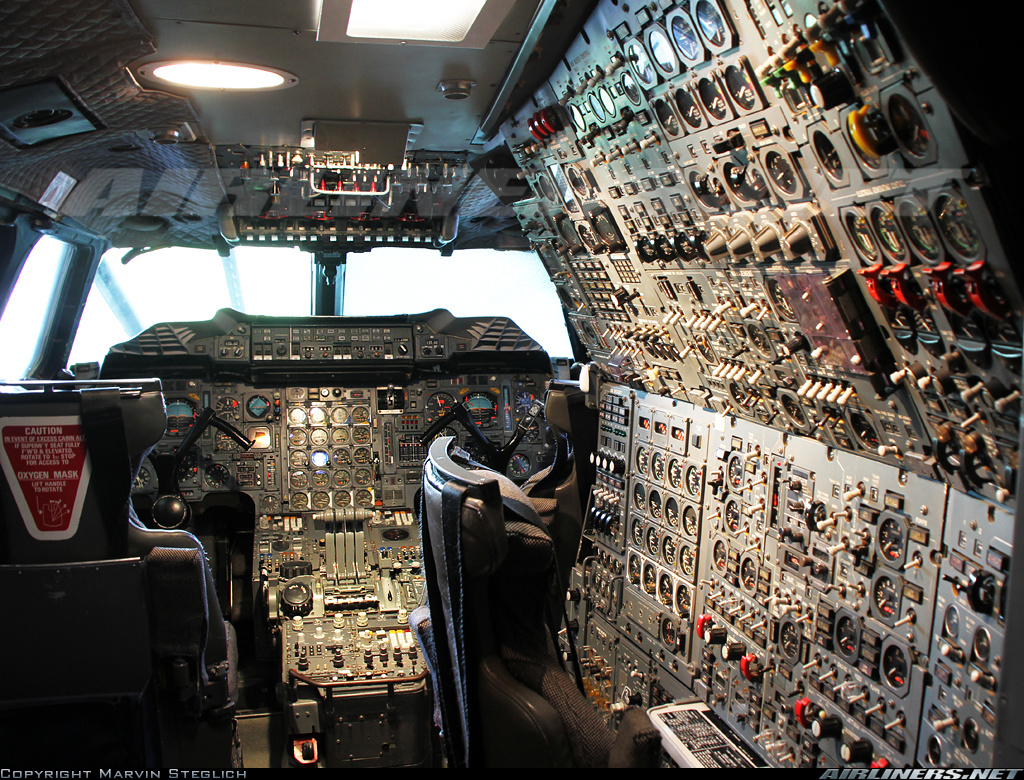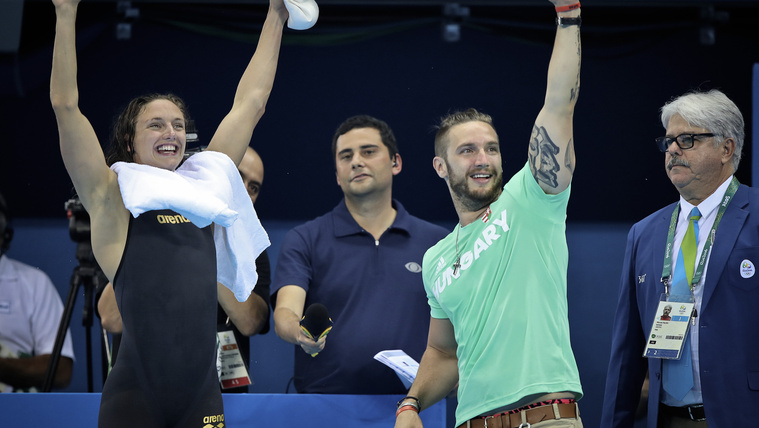Don’t build cockpits, become a coach
Marton Trencseni - Wed 09 November 2016 - Leadership
I used to think that a good analogy for using data is the instrumentation of a cockpit in an airliner. Lots of instruments, and if they fail, the pilot can’t fly the plane and bad things happen. There’s no autopilot for companies.
The problem with this analogy is that planes aren’t built in mid-air. Product teams and companies constantly need to build and ship new products. Facebook is very good at this.

A better model is a person, let’s say Petie, who is overweight and wants to lose weight. We’re going to need a scale, to see how much Petie actually weighs. If there’s no scales around, we’ll need to build one. While we’re at it, we can also collect other numbers, like body fat, circumference, etc. Then, we need to get Petie to actually look at the numbers. So we send these numbers to Petie every day in an email, or maybe we build a dashboard for him. Sounds good! But at this point all we did is make Petie know precisely how overweight he is. We probably successfully made Petie depressed about himself.
What Petie really needs is a coach who helps him get in shape. He needs a workout plan and somebody to work with him on reaching his goals. He needs somebody to help figure out what the workout should be, and set goals for the workout sessions. Once he’s reached his goals, he needs help figure out the next phase, what other exercises to do. Less running, more lifting, maybe do an experiment to see what diet works better for him. Knowing numbers is part of it, but the point it to somehow get him to go and do the things which will make him lose weight, keep track of how he’s doing, make sure he’s on track, help him make changes on the way.

Many professional sports teams already use data heavily. The most famous example I know is the british cycling team, first described in this 2012 BBC article.
I think being good coach is really hard. A good coach needs to know the sport, the athlete, the equipment, how training works, how the season and races work, everything. A good coach is on excellent terms with the athlete and is a great communicator. The coach needs to be able to convince the athlete to perform deliberate practice, which is hard and painful stuff. And to make it harder, painstakingly take precise measurements while he’s doing it. A good coach is not made overnight. A good idea is to learn from other, more experienced coaches, who have successfully helped athletes reach their goals. Facebook has good coaches (data scientists).
Whenever I use an analogy I set off the Elon-alarm in my head. Elon Musk famously said:
I think it is important to reason from first principles rather than by analogy. The normal way we conduct our lives is we reason by analogy. [When reasoning by analogy] we are doing this because it’s like something else that was done or it is like what other people are doing — slight iterations on a theme.
But, this one seems useful enough to ignore Elon.